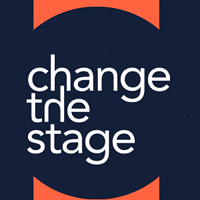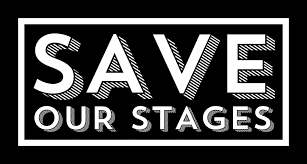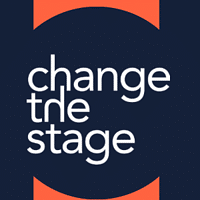Items to Consider Before Collaborating with Anyone. Event pro Kerry Lee Doehr on when to collaborate with other event pro.
As event professionals, we are not self-made. We are the result of a lot of experience from experimental epic fails (read between the lines: “learning curves”), incredible successes, and, let’s be honest, oftentimes just plain “luck.” And “luck” is defined as the moment when opportunity meets good old-fashioned preparation.
If you work for a company, collaboration and working with a team is often mandated, and you simply do not have a choice.
On the other hand, if you are self-employed or run a small creative business in this industry, collaboration is a choice. And depending on the project and the people in charge of it, this collaboration can take your business to the next level, or it can set you back.
If you are self-employed or in a small, boutique business, reputations are triply as important, because they are more difficult to build and much easier to break. It is harder to mask bad behavior and reputations when one is smaller.
Here are our top 3 questions to ask before you agree to collaborate:
1) Is there a need that needs filling?
If the other entity is providing a service that isn’t relevant. Or isn’t going to materially benefit the project, no need to collaborate.
Related: The Two Things That Should Happen When You Have to Tell a Customer ‘No’
Sounds elementary. Consider the following story. Where someone with great speaking skills and expertise in one part of the nation was approached by a colleague who lives in another part of the country to conduct a very high-end, pricey workshop for young female entrepreneurs in the latter’s hometown.
When the would-be speaker asked her colleague if he had a database of attendees who would come, since she had no contacts in the area, he said no. As a result, they quickly determined that there was no way to fulfill this potential collaboration, because there would be no demand for it.
2) Do you trust your fellow collaborator?
There are many forms of trust when deciding to collaborate with someone. While you may feel you know them or like what you’ve heard about them. There is nothing like working together intensely and in stressful conditions to bring out other sides to people. Is there a chance that they may jeopardize the project. (and your reputation) by the way they respond to pressure situations. And others who are important to your business?
Your name is associated with theirs once you agree to collaborate. So it’s a bit like being tied at the ankle in a three-legged race. There is only working together and in pace together. If one goes down–in any capacity–the other (you) is sure to, too.
3) Does your collaborator bring a unique skill? Does it complement the project to make it better than if you had worked on it alone?
Working with a collaborator just because they are a friend, but you are both doing the same thing. The project may not have the same dynamic “wow” factor in the end. When done right, it has the potential to build good relationships.
Provide excellent networking for future relationships. And can make outstanding business sense when invested in properly from the beginning.
Kerry Lee Doehr is CEO/founder and CEO of event planning business Santa Barbara Wine Country Weddings and Events, as well as Engaging Inspiration, a business dedicated to marketing, events and training for the special event and hospitality professional. She is committed to progress in the industry that goes beyond trend and design, saying. “Who we are and how we handle ourselves ethically is more of a barometer to business longevity and branding than all the money in the world spent on advertising.”




















